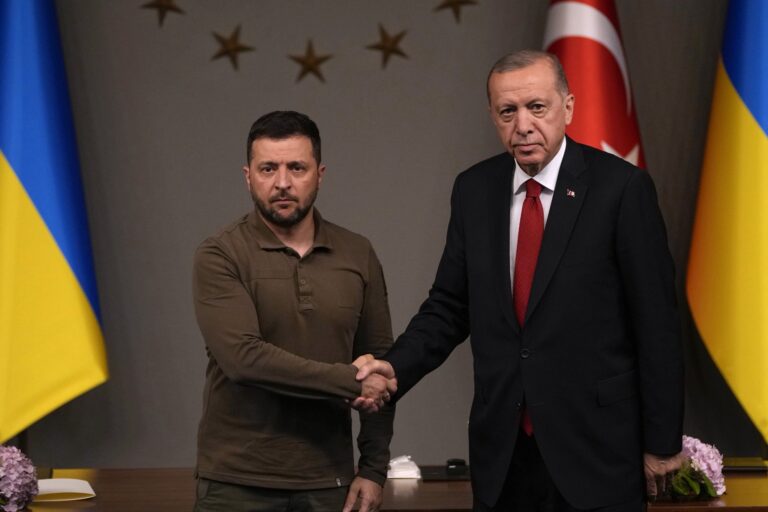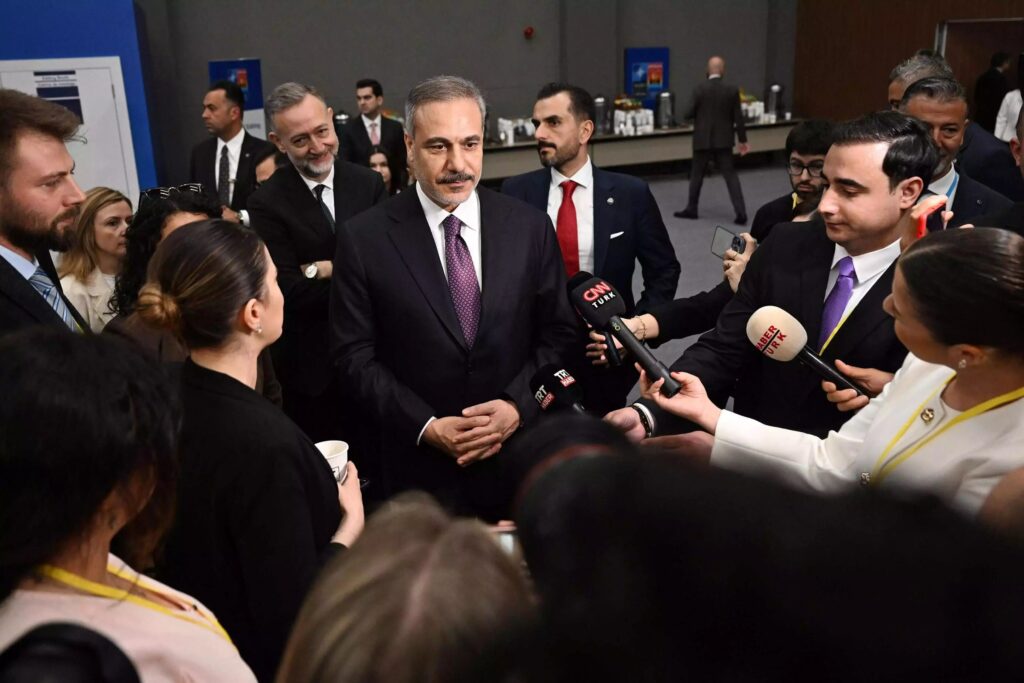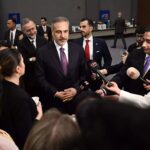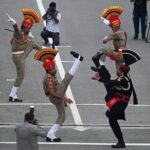The Istanbul negotiations have been positioned as a potential turning point in the ongoing conflict between Russia and Ukraine. However, the likelihood of meaningful progress remains slim, especially as signals emerge suggesting President Vladimir Putin may decline participation. In such a scenario, the Western-led coalition must be prepared to recalibrate its strategy, shifting from diplomatic optimism to a more assertive and multidimensional posture.
2. Background: The Istanbul Negotiations and Russia’s Posture
The Istanbul format was conceived to offer a neutral ground for preliminary peace discussions and to test Moscow’s willingness to negotiate in good faith. However, Kremlin rhetoric and military behavior have steadily eroded optimism. Russia continues its air and missile campaigns, reinforces occupied territories, and pursues diplomatic diversification with non-Western partners. Putin’s possible absence from the Istanbul meeting would signify a deliberate rebuke of international pressure and a renewed bet on strategic exhaustion of Ukraine and its allies.
3. Scenario: Non-Productive Talks and Putin’s Absence
If the talks in Istanbul prove non-productive—characterized by maximalist Russian demands, bad-faith bargaining, or outright non-participation—the coalition must assume that the Kremlin seeks to prolong the war. Putin’s absence would underline his rejection of diplomacy as a solution, favoring coercion and territorial entrenchment instead. This scenario demands not just resilience from the coalition, but escalation in pressure across all dimensions.
4. Strategic Options for the Coalition
Diplomatic Response:
- Consolidate a new coalition of committed states beyond NATO and the EU, including countries from the Global South, to isolate Russia diplomatically.
- Shift the narrative from “negotiated settlement” to “accountability and deterrence.”
- Encourage more countries to recognize occupied territories as Ukrainian and adopt sanctions on par with Western levels.
Military Support:
- Accelerate the transfer of long-range missile systems, air defense, and F-16s to Ukraine.
- Expand NATO’s military footprint in Eastern Europe as a deterrence signal.
- Green-light Ukrainian strikes deeper into Russian logistics and command infrastructure.
- Increase joint military drills in the Black Sea and Arctic regions to project coalition resolve.
Economic Measures:
- Impose secondary sanctions on third-party states and entities aiding Russia’s evasion.
- Ban Russian energy products in remaining Western markets, especially LNG.
- Confiscate and redirect frozen Russian sovereign assets to support Ukraine’s reconstruction and defense.
- Introduce punitive tariffs on Russian-aligned economies (Belarus, North Korea, etc.).
Information and Legal Warfare:
- Launch a coordinated media campaign to expose the collapse of diplomacy as Russia’s fault.
- Fast-track the international tribunal on Russian war crimes under UN or G7 auspices.
- Publicize intelligence on Russian political instability, battlefield casualties, and war economy vulnerabilities.
5. Risks and Countermoves
These steps carry risks, including Russian escalation, propaganda retaliation, cyberattacks, and attempts to split the coalition using disinformation or energy pressure. China may seek to position itself as a “moderate mediator,” distracting the coalition while enabling Russia. However, a failure to act decisively after a failed Istanbul track would embolden Moscow and discourage neutral states from siding with international law.
6. Recommendations
- Treat Istanbul as a test, not a goal—use it to build a legal and moral case against Russia’s diplomacy.
- Pre-coordinate sanctions and aid packages with G7 and key Global South actors before the summit ends.
- Strengthen communication to domestic populations in coalition countries to sustain public support amid economic and security challenges.
- Plan military support not in months, but in weeks, to avoid giving Russia time to regroup.
The coalition must internalize the likelihood that diplomacy with Putin is a strategic illusion rather than a path to peace. Istanbul, if sabotaged or ignored by Moscow, should not mark disappointment but determination. The next phase must demonstrate to the Kremlin—and to the world—that refusal to negotiate carries escalating costs, and that the coalition’s resolve remains firm.





